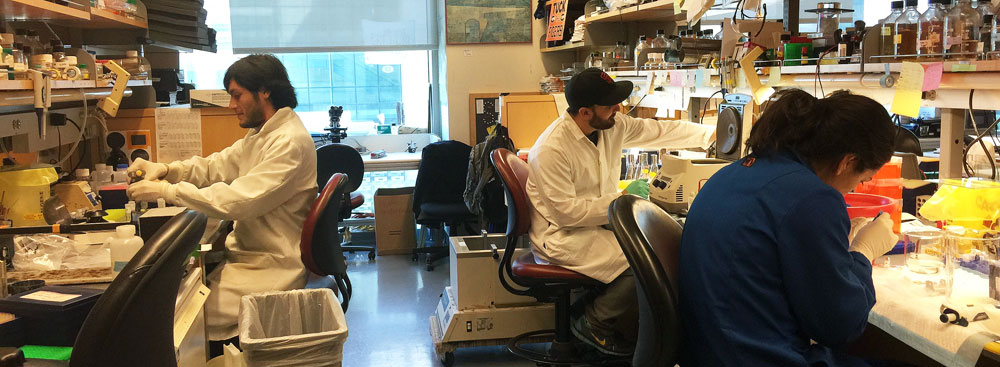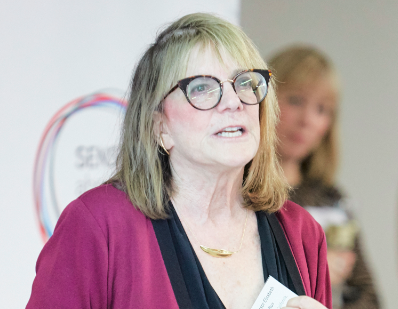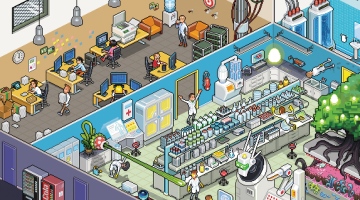Find Your Voice
Technology and practice can help shy and introverted researchers to succeed when reticence is risky.
Send us a link
Technology and practice can help shy and introverted researchers to succeed when reticence is risky.
Today, the Board on Higher Education and Workforce at the NAS announced the formation of a 16-person committee to work on the Next Generation of Researchers study. This study was commissioned by the U.S. Congress in the fiscal 2016 omnibus appropriations package that passed in December 2015.

Community driven paid reviews could work in conjunction with a feed-back loop to young scientists. This promote the integration of reviews into an academic career.
Guest post by Professor Elizabeth Loftus, winner of the 2016 John Maddox Prize

Neuroscientist Ana Mingorance’s experience highlights some pointers for successfully making the move to industry.

An unbending reward system prevents early-career researchers taking full advantage of the digital world.

New equation also suggests way to predict a researcher's potential to produce top work.

Science says career success is random. Here's what that looks like.

Papers are like “lottery tickets,” researchers conclude

A recently published book offers guidance for scientists’ career planning.

Many biologists are founding their own firms as venture capitalists show increased interest in science.

Taking an unconventional route after studying for a doctorate should not be seen as a failure, says Fiona Whelan

Scientists starting labs say that they are under historically high pressure to publish, secure funding and earn permanent positions — leaving precious little time for actual research.

Demand for steady output stymies discovery. To pursue the most important research, scientists must be allowed to shift their focus.

The research enterprise sometimes keeps scientists from pursuing the best ideas: intense competition forces researchers to prioritize publishing papers over tackling important questions. A special issue explores the problems facing early and mid-career scientists, and how to solve them.

Young researchers are having to fight harder than past generations for a smaller share of the academic pie.

Lynn Kamerlin makes a point of supporting her trainees' career aspirations, whatever they may be

A career in research development can offer a way for scientists to stay connected to research while also leveraging their soft skills

To ease the transition to a future professorship, trainees should spend some of their time on activities other than research, our contributors explain
